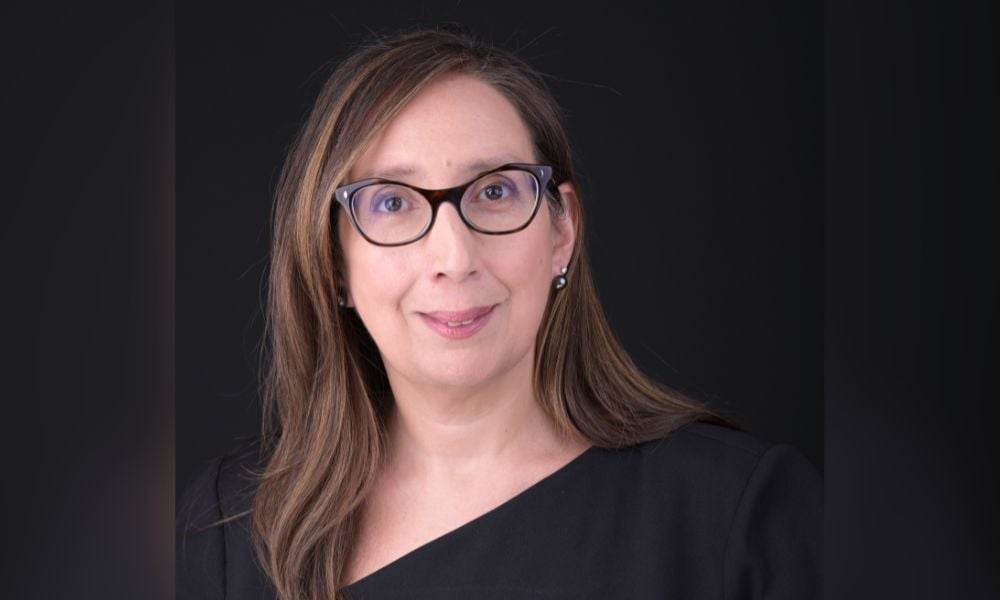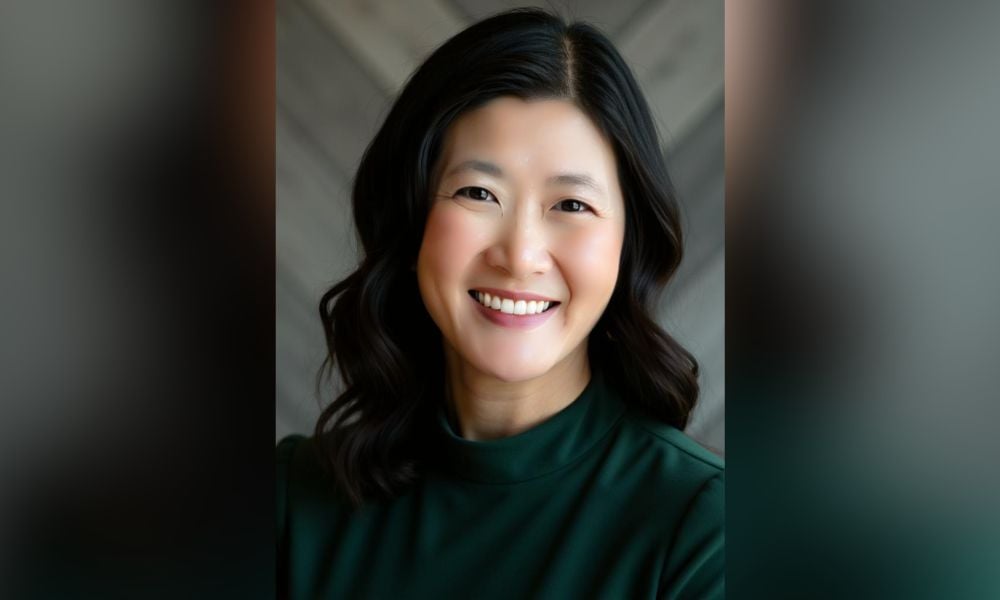A legal system that fails to confront myths about sexual violence doesn’t just fall short – it can deepen the harm for survivors. That’s the reality exposed by the Supreme Court of Canada’s recent handling of R. v. Sheppard, where the Court of Appeal of Alberta’s decision relied on outdated and damaging assumptions about historic sexual violence at a boarding school.
Angela Marinos, chief general counsel at the Raoul Wallenberg Centre for Human Rights (RWCHR), says the case revealed just how far the courts still must go to dismantle or eradicate such harmful misconceptions. She recalls reading the appellate court decision and being stunned by the persistence of myths: “There were statements in there about how there is no crime of sexual violence, questioning this person who had gone through horrible sexual abuse when they were 12 and 13, their grade seven year… I literally identified 10 myths and misconceptions, which is unheard of… In most decisions, you'll find two or three errors max… But 10 – that was just extreme,” she says.
In Sheppard, the Supreme Court of Canada allowed the Crown’s appeal, restored the trial judge's sentence, and ordered the respondent to report to the authorities within 48 hours to be reincarcerated, with reasons to follow.
For Marinos, the shift from government litigator to human rights advocate has been transformative. At the Department of Justice, she was expected to defend legislation and government decisions, regardless of her personal views. “You have to be measured; your own personal opinions about whatever position you're advocating for are out of the equation,” she says. Now, she applies the same rigour to the facts and law, but she can be openly critical of legislation and push for change.
The work is also more selective. At the DOJ, files landed on her desk whether she wanted them or not. At the RWCHR, Marinos chooses which cases to pursue, giving her “a lot more independence and legal creativity… I don't have a team of three or four counsel putting their heads together to create the argument. I really like this aspect,” she says. She also describes the freedom to shape arguments and strategy without the layers of review and oversight that defined her government work.
Her role now extends well beyond the courtroom. Marinos moderates public discussions, such as a recent panel at Massey College with survivors of genocide and sees this broader advocacy as a vital part of her mandate. “This job is giving me an opportunity to not just be in the courtroom but have a more public-interest impact,” she says.
When it comes to case selection, Marinos is methodical. Every week, she reviews new Supreme Court of Canada leaves and looks for cases that align with the RWCHR’s mission – advancing women’s rights, defending religious minorities, and protecting the most vulnerable. She and the RWCHR CEO decide together which cases to pursue. Recently, that meant intervening in cases involving domestic violence, child pornography, and historical sexual abuse. The guiding principle is clear: focus on those most at risk.
In her advocacy, Marinos has urged the Supreme Court to adopt a trauma-informed, child-centred approach, particularly in sentencing. She notes that while appellate courts are increasingly using this language, the Supreme Court has not yet embraced it.
The Sheppard case highlighted the judiciary’s blind spots. Marinos was alarmed by the court’s reliance on so many myths, such as questioning a survivor’s credibility based on their behaviour, and pushed back against the notion that the passage of time diminishes the harm of abuse. She argued that courts must not “create a two-tiered level of survivors where one gets the benefit of the SCC's decision in Friesen and one doesn’t,” insisting that all survivors deserve equal treatment.
Her interventions go beyond legal argument. Marinos sees a pressing need for judicial education on the trauma of sexual violence and for survivors to have independent legal counsel. She also recognizes the importance of public engagement. Where she once avoided media attention, she now seeks it out, wanting cases like Sheppard to spark public debate. “It's a totally different shift in my mind about how I'm dealing with cases, and it's another form of advocacy,” she says.
In the Ahluwalia case, which examined whether a new tort of family violence should be recognized, Marinos and the RWCHR focused their intervention on the international human rights context for women, drawing on expertise in both domestic and international law. While she doubts the court will base its decision on international law, she believes it is crucial to provide a fuller context for the issues at stake.
Frequent Supreme Court interventions have forced Marinos to become ruthlessly organized. She emphasizes the importance of coordination among interveners to avoid duplication and maximize impact. In large cases like Ahluwalia, she collaborates with other counsel; in others, like Sheppard, she carries the responsibility alone.
Legal integrity, she insists, is non-negotiable. “No matter what position you take, it has to have a solid evidentiary and legal foundation,” she says. For her, public interest and media attention flow from the strength of the legal argument, not the other way around.
Marinos also sees the role of interveners at the Supreme Court as increasingly vital. She points out that interveners bring unique perspectives and can amplify arguments that the main parties might overlook. “Everybody's bringing a unique perspective. Even if the court doesn't necessarily address what the intervener is arguing, there are cases where they do address it, and it seems like it is bringing something that the parties aren't bringing,” she says.
Looking ahead, she is focused on the Quebec secularism case, advocacy on sex trafficking, and efforts to secure independent legal counsel for survivors of sexual assault. The shift from government litigator to independent advocate has brought her a sense of purpose and creativity she never found in her previous role. “I just love this role. I love the creativity, and I love the independence, and it's such a different thing than when I was at DOJ… you're really trying to kind of carve out a niche that will be helpful to the court.”





